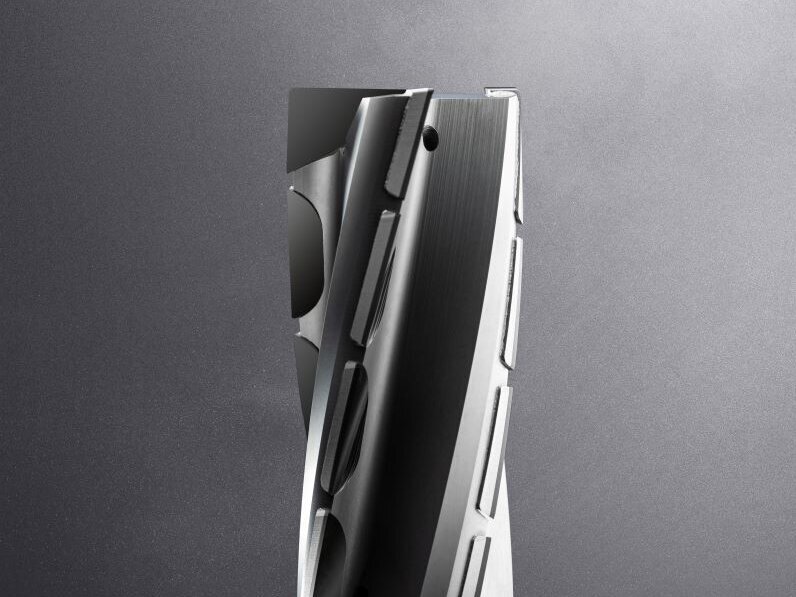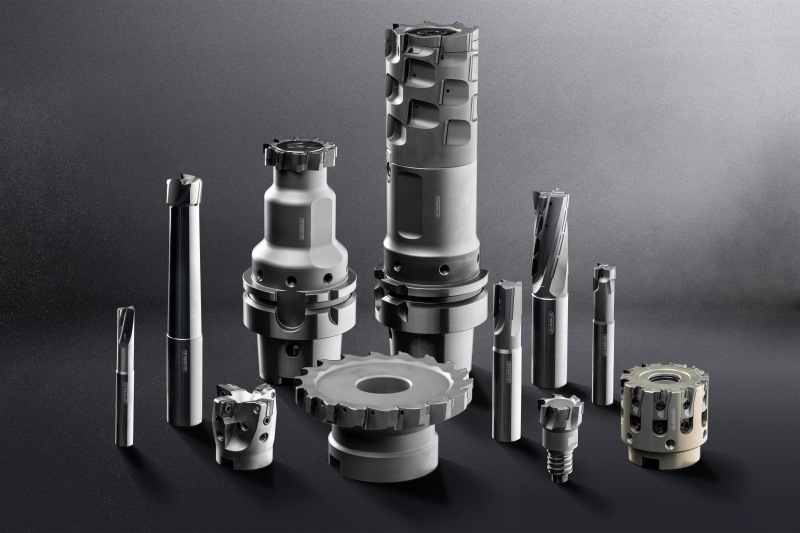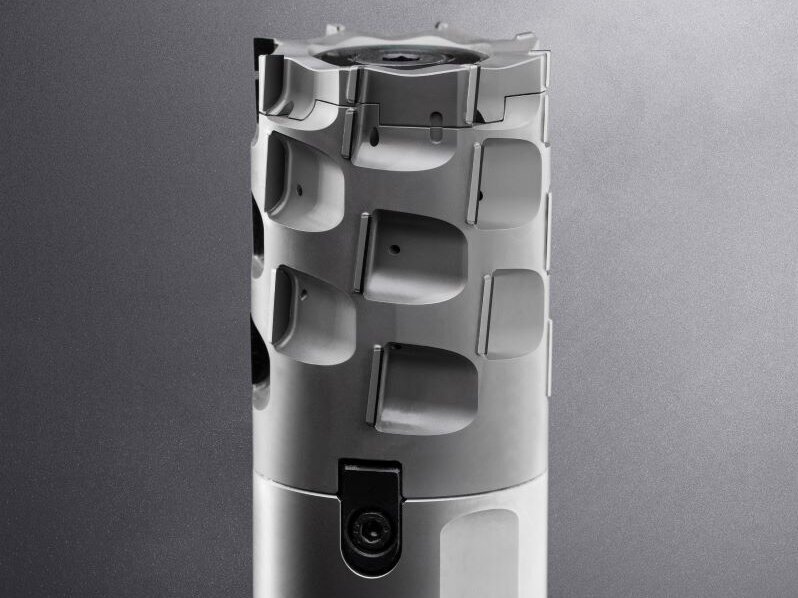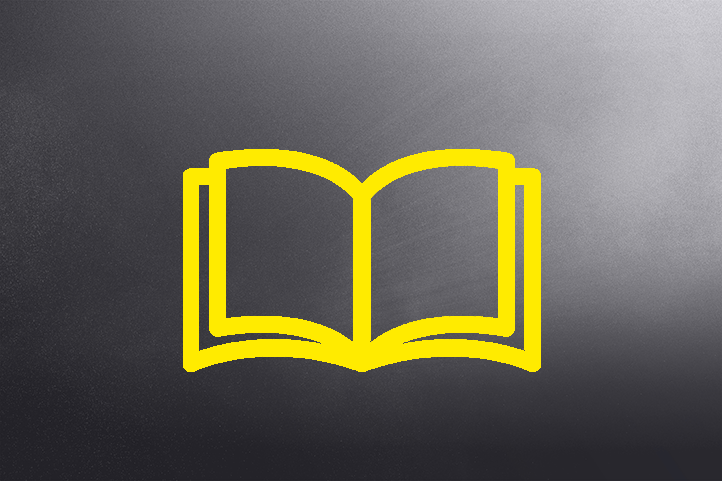PCD milling
With over 30 years of experience in the development and production of precision tools from ultra-hard cutting materials, Horn offers a comprehensive range of PCD milling tools for productive machining of aluminium. During this time, Horn has proven itself in numerous industries - and has thus become a key partner in the field of PCD tools. The new PCD milling programme is part of this long-standing development and complements the portfolio. Based on market experience and customer requirements, Horn has developed a complete standard range of milling tools. The diverse standard programme of the DM 20 to DM 90 series is well suited to reliable machining of aluminium, non-ferrous metals and technical plastics. With an emphasis on conserving resources, coordinated cutting lengths and tool designs, the tools are available from stock.
In this product programme, Horn offers a wide range of standard and special tools from simple PCD end mills to complex and modular combination tools. The driving force is a focus on economical solutions offering high productivity, combined with Horn technology, flexibility and reliability. Horn’s high-performance PCD cutting material is composed of a sophisticated mixture of diamond grains of different sizes. As the volume fraction of diamond increases, so do the effective hardness, toughness and cutting edge quality. Strict quality standards and their control are a matter of course and ensure outstanding performance.
Machining aluminium
The tensile strength, elongation, hardness and strength of aluminium can be influenced by alloying elements such as silicon, magnesium, copper, zinc and manganese. The material can soften during machining due to the heat generated, stick to the cutting tool and even destroy it due to disrupted chip flow. It is therefore important that the material and cutting parameters are properly matched. It depends on the aluminium alloy, the cutting tool, the feed rate and speed, as well as the type and quantity of coolant. Aluminium - a versatile material used in all sectors of industry. With its new PCD milling range, Horn offers a broad portfolio of optimised tools for economically machining this light metal.
Horn tools for machining aluminium
The most important features of Horn's wide range of standard and special tools are special chip control geometries with sharp cutting edges, polished cutting surfaces, and coatings having excellent sliding properties due to aluminium's strong tendency to adhere. Carbide inserts for grooving are also peripherally ground to ensure an extremely sharp cutting edge. For machining aluminium alloys with a high silicon content, the inserts are coated. The portfolio includes coated and uncoated inserted tools for circular interpolation milling and solid carbide cutters for milling. Due to the large volume of chips resulting from the high cutting data, single-edged milling cutters with large chip removal rates are also available. Ultra-hard cutting materials such as PCD and CVD-D with precision laser-cut edges are available for long service life or more complex work. MCD-tipped tools are used, for example, for high-polish machining of mirrors or aluminium blow moulds.





